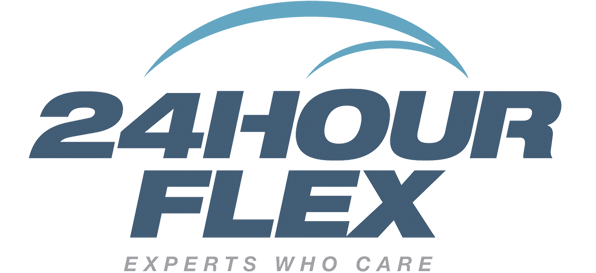 COBRA is designed to provide health insurance for former employees and their families who don't have an alternative for other coverage. Employers with 20 or more employees must comply with COBRA rules and need to decide if they will handle COBRA internally or hire a third party administrator. Before you can make a decision for your company there are three key elements to consider.
COBRA is designed to provide health insurance for former employees and their families who don't have an alternative for other coverage. Employers with 20 or more employees must comply with COBRA rules and need to decide if they will handle COBRA internally or hire a third party administrator. Before you can make a decision for your company there are three key elements to consider.1. Penalties for non-compliance
Small mistakes in COBRA administration lead to large penalties from two different federal agencies. The IRS can levy an excise tax of $100 per day and the Department of Labor (DOL) can levy civil penalties of $110 per day for non-compliance to COBRA rules. In addition to the IRS and DOL, a company also faces monetary judgements, attorney's fees and court costs related to COBRA noncompliance.
2. Critical COBRA Touchpoints
COBRA is complex and involves many moving parts and pieces. There are four key notices critical to COBRA administration. Each is important as failing to handle any one item correctly will expose your company to the penalties described above.
- COBRA General Notice - Describes the COBRA rights someone will have if they lose group health coverage. This notice must be sent to any new employee and their spouse who become enrolled in one of your group health plans. It is critical that you can prove this notice was provided because if you cannot, you will lose a court case even if you followed every other COBRA rule.
- COBRA Qualifying Event Notice and Election Notice - Outlines the qualifying event that occurred, provides time lines for election, and explains how continuation coverage through COBRA operates. You must be able to prove this notice was sent and track the day it was sent.
- COBRA Notice of Early Termination - If someone on COBRA terminates coverage prior to their 18, 29, or 36 months of maximum coverage this notice must be provided explaining why their coverage is terminating early and on what date it will terminate.
- Open Enrollment - COBRA participants should go through open enrollment just like a regular employee at your company. They should be given the opportunity to change coverage, add/drop dependents, and make any other change allowable during open enrollment.
3 - Does it make financial sense to administer COBRA internally?
Administering COBRA internally requires following resources and expertise:
- Staff to send notices, process payments, take calls, and audit
- Systems to track deadlines, notice dates, and interaction with COBRA members
- Legal advice to review notices, handle complicate situations and monitor changes in COBRA law
- Expertise in COBRA administration, knowing how to handle Social Security Disability Extensions, Medicare interaction with COBRA, as well as
Outsourcing COBRA administration is a wise choice in terms of mitigating risk and allowing Human Resource teams to focus on other areas of the business that need attention. If you would like more information about outsourcing COBRA click on the button below.

